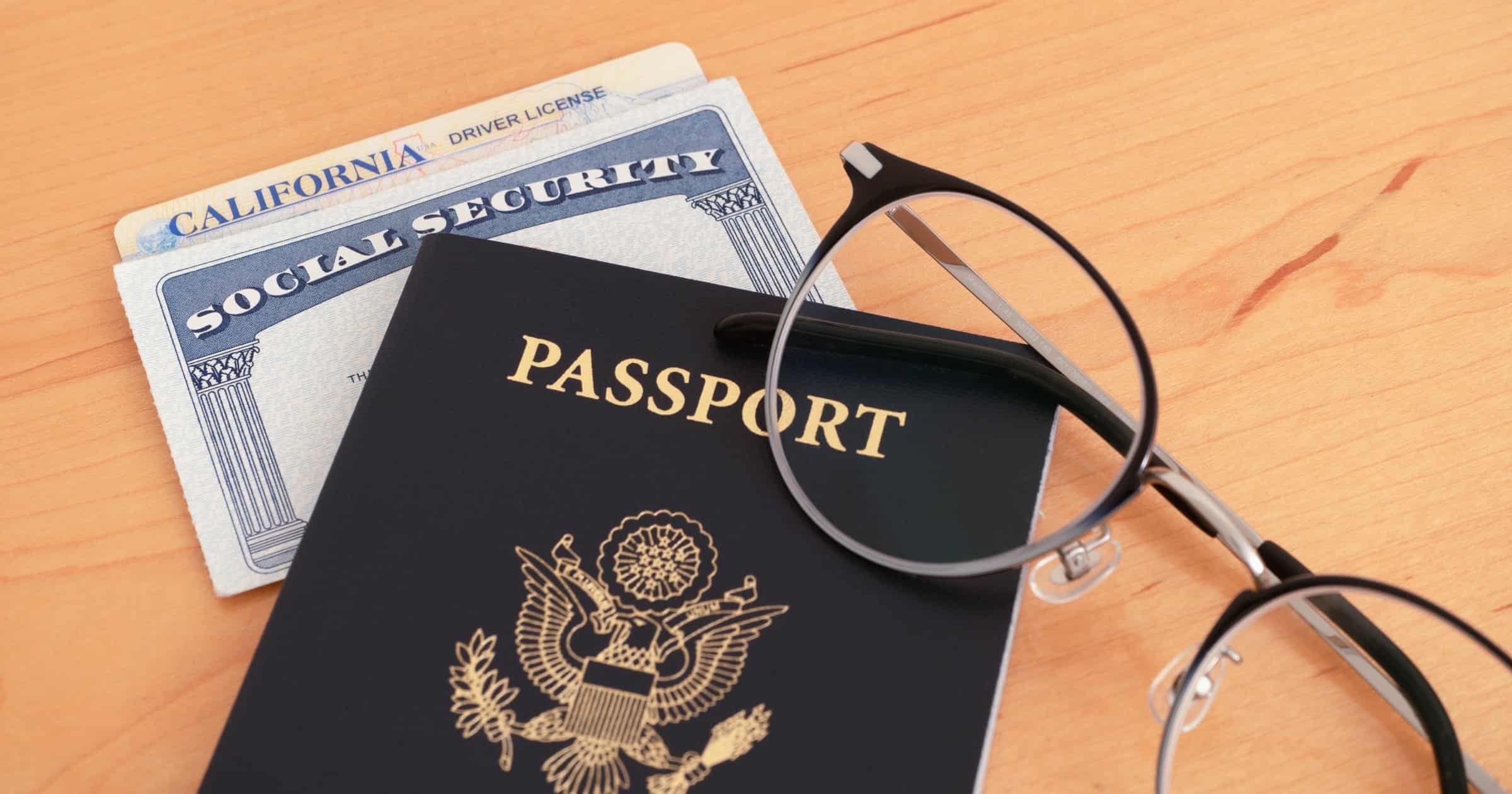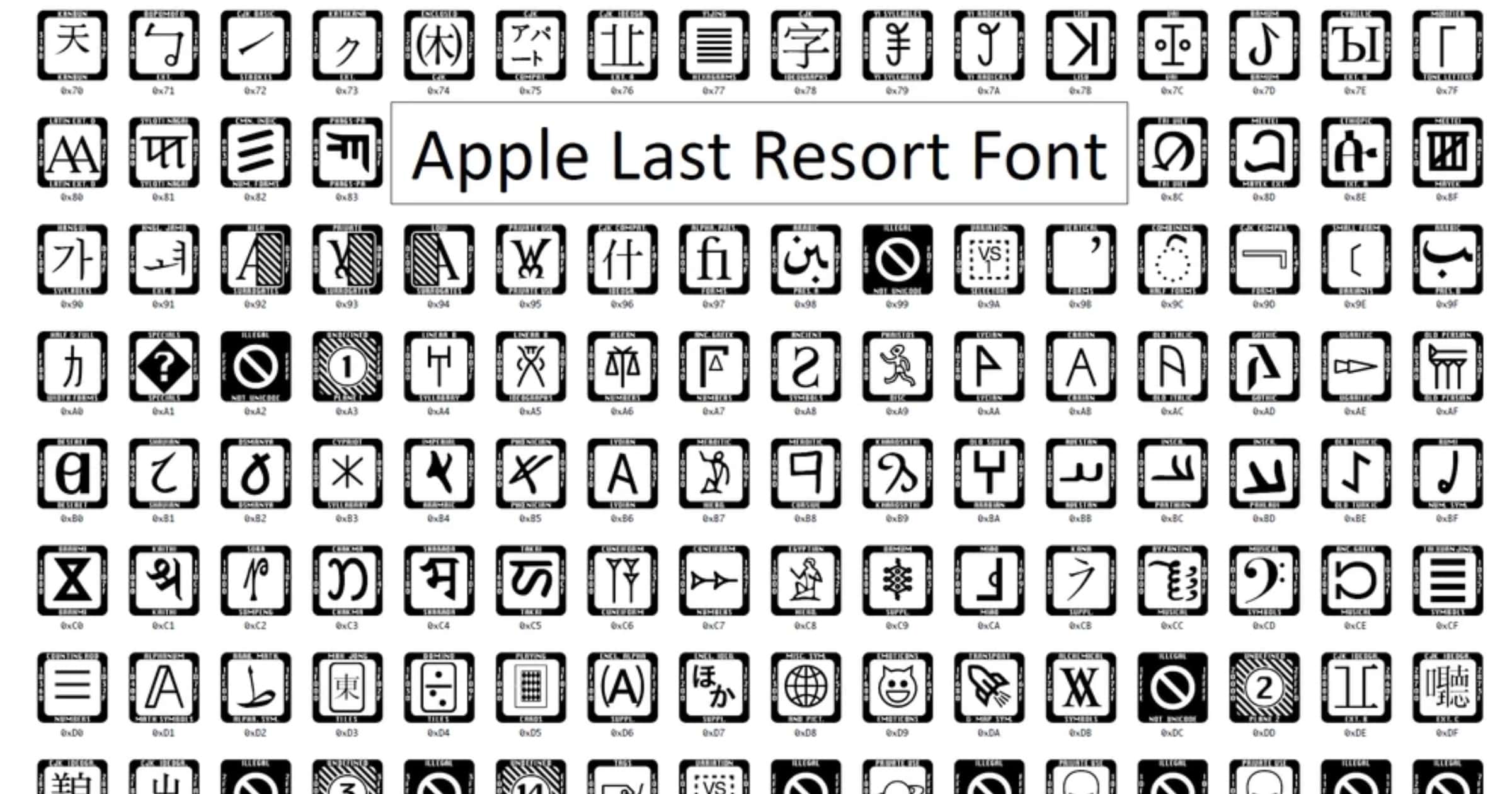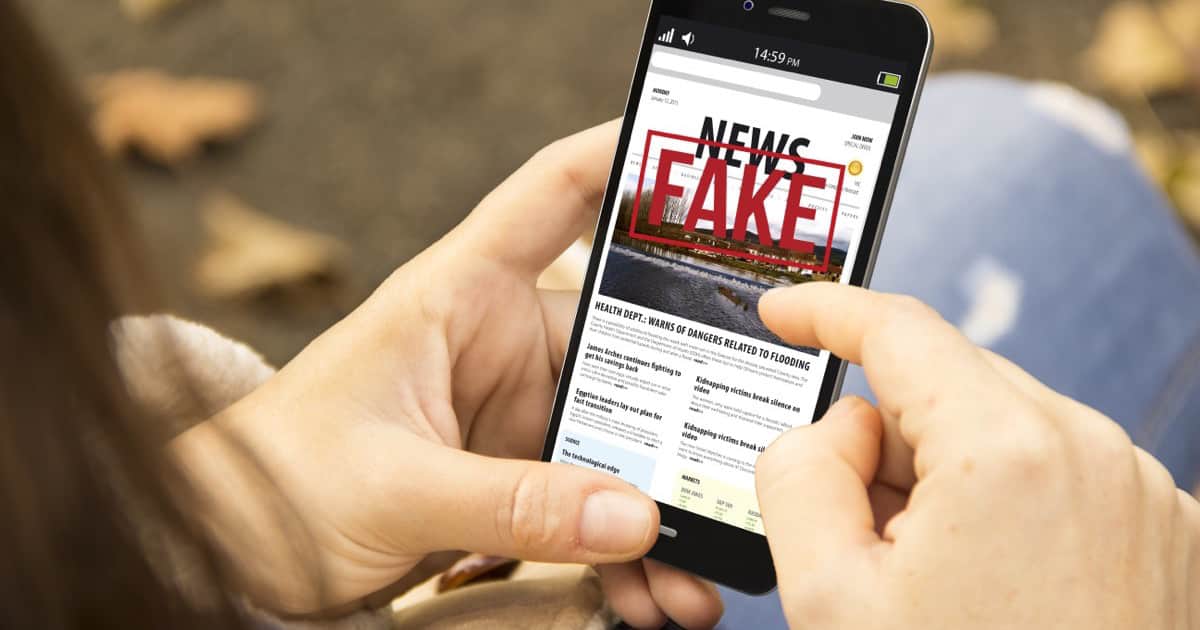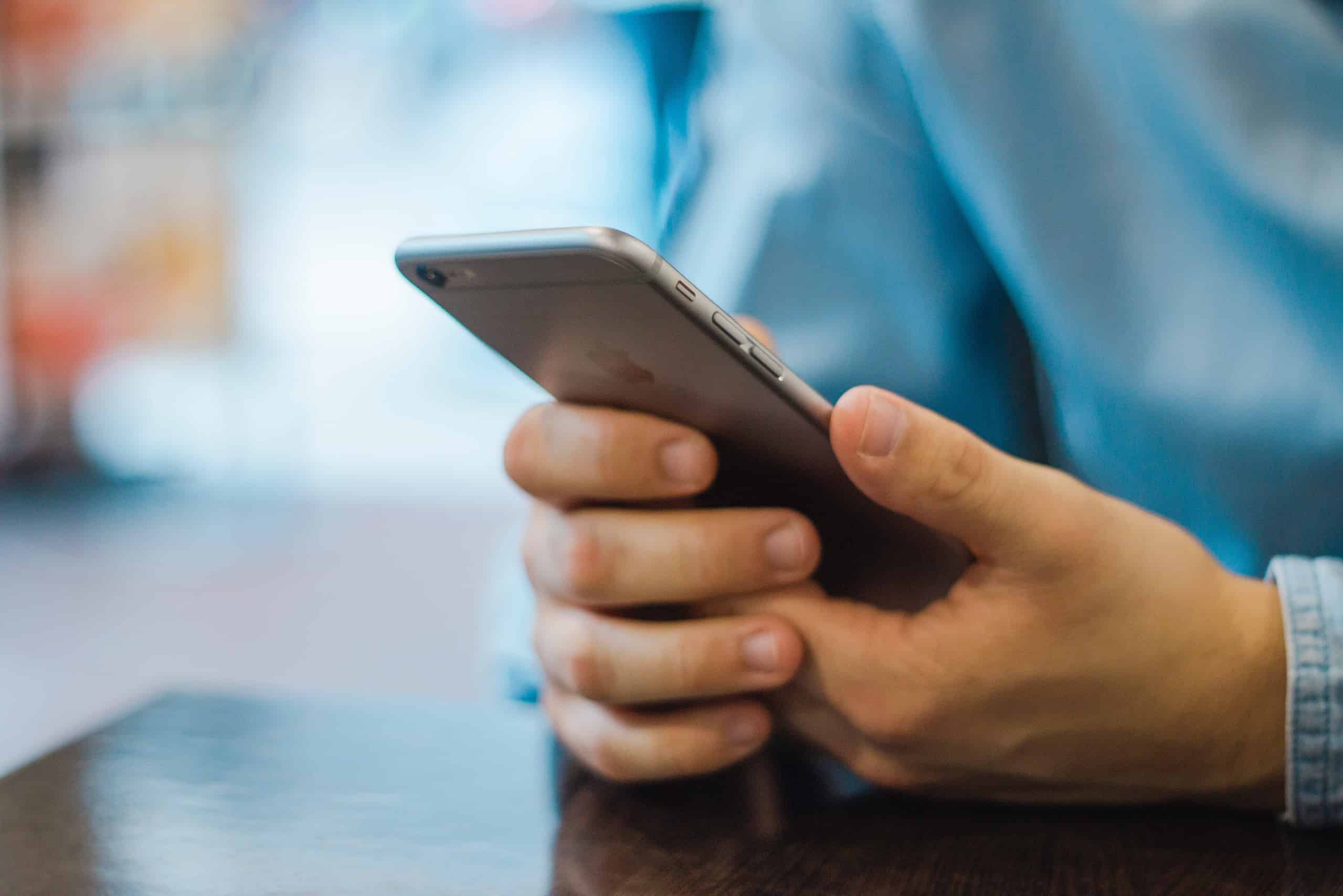Instagram will start asking “suspicious accounts” to verify their identity with a government ID. Instagram claims this will help users understand when accounts are “attempting to mislead their followers” although it’s not clear what kind of behavior the Facebook-owned company thinks is suspicious. One reason is shared: If most of your followers are in a different country than you.
IDs will be stored securely and deleted within 30 days once our review is completed, and won’t be shared on the person’s profile as pseudonymity is still an important part of Instagram.






















